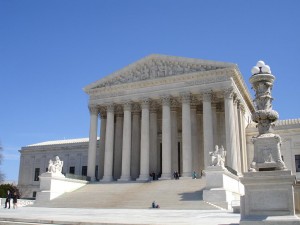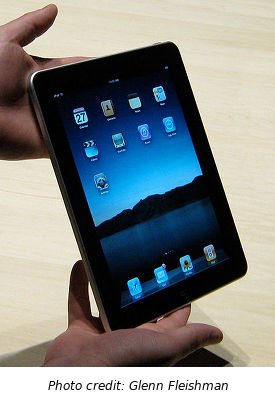 On Monday, in the shadow of then-Hurricane (now-Superstorm) Sandy, the U.S. Supreme Court heard oral arguments in Kirtsaeng v. John Wiley & Sons, Inc., a case involving the applicability of U.S. copyright law to copies of works created and legally acquired abroad and subsequently imported into the United States.
On Monday, in the shadow of then-Hurricane (now-Superstorm) Sandy, the U.S. Supreme Court heard oral arguments in Kirtsaeng v. John Wiley & Sons, Inc., a case involving the applicability of U.S. copyright law to copies of works created and legally acquired abroad and subsequently imported into the United States.
In the case, Supap Kirtsaeng, a college student from Thailand studying in the United States, launched a small online business selling textbooks. His family in Thailand bought foreign edition textbooks printed by Wiley Asia and mailed them to Kirtsaeng. Kirtsaeng then sold the textbooks online on sites such as eBay.com and reimbursed his family for the costs of purchase and shipping, retaining the remaining profits from the sale.
John Wiley & Sons subsequently sued Kirtsaeng in the U.S. District Court for the Southern District of New York, alleging copyright infringement, trademark infringement, and unfair competition under New York state law. As to the copyright claim, the district court judge determined that the language in 17 U.S.C. § 109(a), known as the “first sale doctrine,” does not include copyrighted goods manufactured abroad.

 The U.S. Supreme Court started its term today, hearing oral arguments for Kiobel v. Royal Dutch Petroleum. The case involves the interpretation of a federal statute enacted by the first Congress as part of the Judiciary Act of 1879—the Alien Tort Statute.
The U.S. Supreme Court started its term today, hearing oral arguments for Kiobel v. Royal Dutch Petroleum. The case involves the interpretation of a federal statute enacted by the first Congress as part of the Judiciary Act of 1879—the Alien Tort Statute.